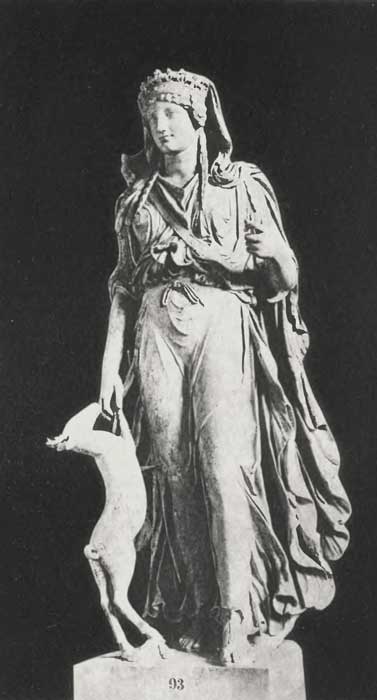12.22.2009
Aristophanes's speech on love from Plato's symposium.
12.19.2009
Predicate/propositional logic final.


12.07.2009
Do logic and emotion go hand in hand?
Vulcans Nixed: You Can’t Have Logic Without Emotion
 Fifty years ago some young MIT scholars delivered a radical notion to the world. They proposed that it is possible to scientifically study precise mechanisms and processes of human thought. The movement was the catalyst for many fields of study. Earlier this week, Harvard University celebrated this intellectual achievement with a symposium featuring some of the original MIT scholars.
Fifty years ago some young MIT scholars delivered a radical notion to the world. They proposed that it is possible to scientifically study precise mechanisms and processes of human thought. The movement was the catalyst for many fields of study. Earlier this week, Harvard University celebrated this intellectual achievement with a symposium featuring some of the original MIT scholars.
Now after a generation of productive research, a newer paradigm shift is taking place. Science is discovering that it is our emotions that make thought possible, not the other way around. We simply cannot understand thought without understanding emotion. This is a radical departure from the traditional perspective, which used to regard emotion as the antagonist of reason.
 "Because we subscribed to this false ideal of rational, logical thought, we diminished the importance of everything else," said Marvin Minsky, a professor at MIT and pioneer of artificial intelligence. "Seeing our emotions as distinct from thinking was really quite disastrous."
"Because we subscribed to this false ideal of rational, logical thought, we diminished the importance of everything else," said Marvin Minsky, a professor at MIT and pioneer of artificial intelligence. "Seeing our emotions as distinct from thinking was really quite disastrous."
Cognitive psychologists have traditionally downplayed the importance of emotions to the thought process. "They regarded emotions as an artifact of subjective experience, and thus not worthy of investigation," said Joseph LeDoux, a neuroscientist at NYU.
In all fairness to cognitive psychologists, the field of cognitive psychology has always been criticized for being too “soft” of a science. The effect is that cognitive scientists have always felt compelled to “harden” the science up with logical facts, and less study of emotion and behavior. Ironically, “feelings” ARE the new “fact”, and the main determination of the choices we make- not logic.
In fact, the entire “science of thinking” was approached somewhat backwards right from the start. Perhaps, this was partly due to the field being largely dominated by men who suspected (in true Vulcan fashion) that “feeling” is inferior to logic. In fact, as I was summarizing these findings for this post, my husband called to tell me about a problem he is having with a coworker. I asked him if he had talked to the individual to find out how he was feeling. My husband replied, “Men don’t talk about feelings. We talk about facts.”
Of course, that doesn’t apply to all men. Antonio Damasio, a neuroscientist at USC has played an important role in establishing the importance of studying emotion. Before Damasio came onto the scene, most cognitive scientists assumed that emotions only interfered with rational thought. It was assumed that a person without any emotions would be a better thinker, since their “cortical computer” could process information without the hindrance of emotion. Damasio’s research challenged the assumption by showing that people who have suffered brain injuries which prevent them from perceiving their own feelings, are ineffective decision-makers. Most would spend hours deliberating over irrelevant details, such as where to eat lunch. Damasio’s research, among many other studies, is revealing that emotion is what enables us to make up our minds. It is pure reason- not feeling- that is the true hindrance to decision making. So take that, Mr. Spock!
~Rebecca Sato
I found this article on www.thedailygalaxy.comBlog Archive
Labels
- Cultural Experiences (1)
- Nothing is constant but change (1)
- OBAMA (1)